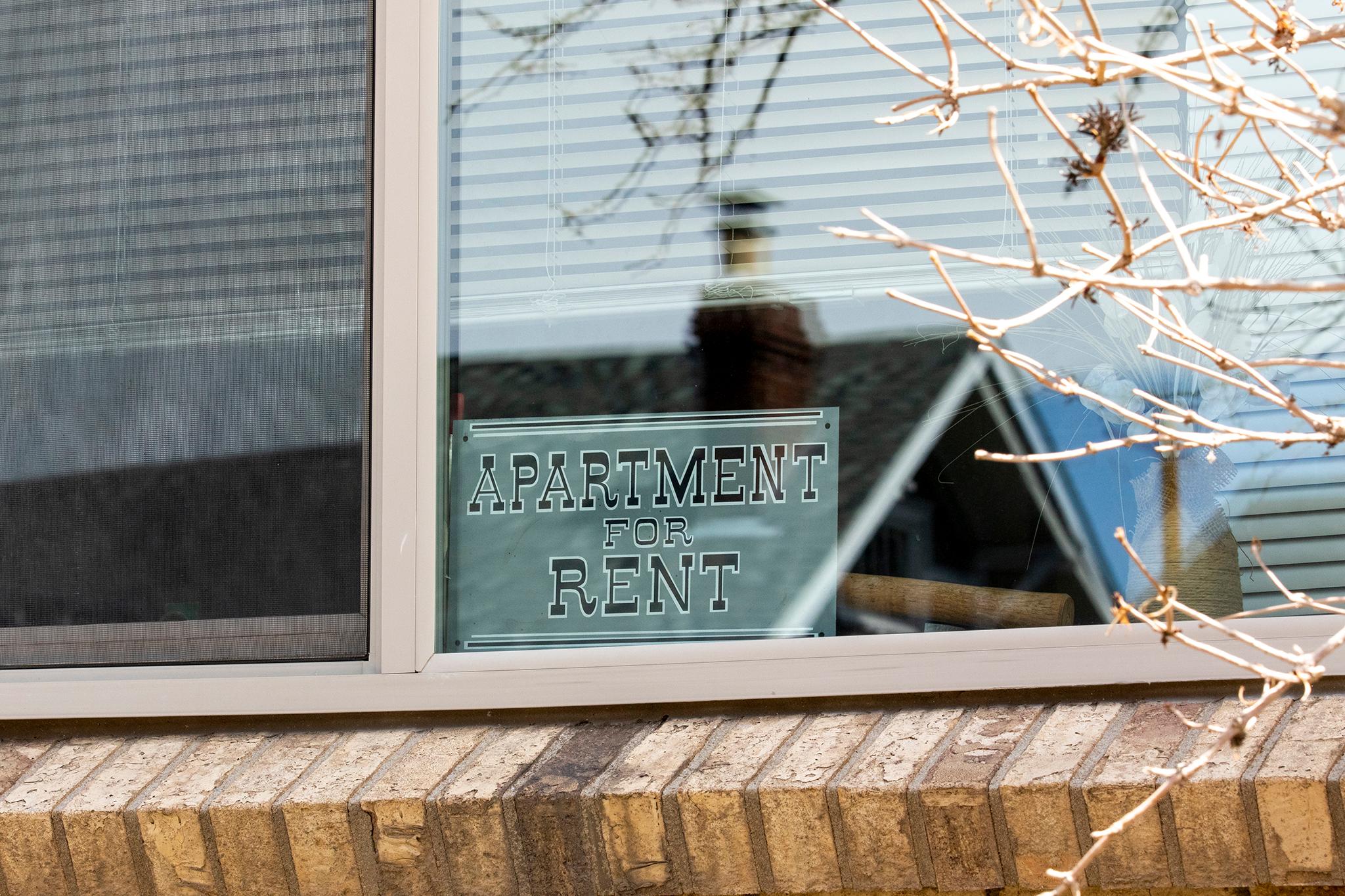The Colorado Poverty Law Project has filed a class-action lawsuit against Tschetter Sulzer, P.C., which brands itself as the "No. 1 eviction firm in Colorado."
The lawsuit also names corporate landlords Cornerstone Apartment Services, Redpeak Properties and Echelon Property Group as defendants.
According to the Colorado Poverty Law Project, the defendants have "created a scheme under which they systematically steal money under the guise of charging 'attorney fees' and 'court costs' -- typically $300-$500 -- from many hundreds of tenants in Colorado notwithstanding the tenants' cure of their nonpayment of rent."
What's the law in question?
In Colorado, when a landlord notifies a tenant about a failure to pay, the tenant has 10 days to cure that before the case goes to court for a forcible entry and detainer (FED) case. That legal process could result in a tenant being evicted by a sheriff.
Even after the case goes to court, if the tenant can pay what is owed, the eviction can be cured and the tenant can stay housed. In that instance, the law prohibits landlords from charging attorney's fees.
The law makes it easier for tenants to catch up on rent and for them to not be burdened with additional fees they likely cannot afford to pay that would make them even more housing insecure.
"It's unfair for landlords to require tenants to pay attorney fees and costs unless the law actually allows it," said Courtney Woodruff, one of the plaintiffs, in a statement.
The lawsuit, which names three tenants from Denver and two from Adams County, has been filed as a class-action because of the breadth of Tschetter Sulzer's work in the state.
While many landlords have legal representation in the eviction process, most tenants do not. That puts tenants at a disadvantage in understanding the eviction process, required payments and the law. According to the suit, Tschetter Sulzer uses this lack of knowledge and representation "to illegally extract attorney fees and costs from tenants."
The main way tenants fight a no-payment eviction is by paying the landlord what is owed. That can happen any time before the court rules in the case. "After the tenant has cured, it is illegal for the landlord to charge or collect from the tenant attorney fees and costs relating to FED," the suit states.
"Since 2021 Tschetter Sulzer and dozens of corporate and other landlords -- including Tschetter Sulzer's landlord-clients -- and Tschetter Sulzer itself have engaged in a practice of causing each of their tenants on whom they have served a demand to pay hundreds of dollars in illegal prejudgment attorney fees and costs," according to the suit.
Evictions have risen above pre-pandemic levels over the past year. That meant big business for Tschetter Sulzer, which makes its money by filing eviction lawsuits.
The firm uses standardized forms in evictions that note that tenants must pay attorney fees and costs to cure nonpayment of rent, according to the suit, and that requirement violates state law.
The firm knows better, wrote the Colorado Poverty Law Project, and still argues "that so long as they say in the Demand that they are seeking attorney fees and costs, they are entitled to pursue and extract such monies from tenants."
Tschetter Sulzer charges $283 to file an eviction and then an hourly rate afterward noted the suit. Landlords mark up the fee between $300 and $500, according to the Colorado Poverty Law Project. That markup is not disclosed to tenants.
The Colorado Poverty Law Project alleges that Tschetter Sulzer's practices make it "unlawfully" harder for tenants to cure an eviction case and that the fees raise the chance a household will be evicted.
"For example, while a financially strapped tenant might be able to raise $1,800 to pay rent-in-arrears, she may be unable to raise an additional $400 in attorney fees and costs demanded of her by Defendants to enable her to exercise the statutory right to cure," the suit states. "Additionally, even if a tenant is able to raise both rent-in-arrears and hundreds of dollars in illegal prejudgement fees and costs demanded by Defendants, such an effort might impair his ability to pay the following month's rent, leading to another Demand and eviction action by Defendants."
According to the suit, the forms Tschetter Sulzer sends tenants include stipulations that they must pay the entire amount owed if they're going to stay housed, and "hundreds of tenants have entered into these Stipulation agreements with Defendants."
"Unless it is permitted under the laws, charging attorney fees and court costs unnecessarily and improperly adds to the financial hardship of tenants who already are struggling in this economy and contributes to evictions and homelessness," noted attorney Carol Kennedy, with the Colorado Poverty Law Project, in a statement.
Tschtter and Sulzer did not immediately respond to Denverite's request for comment. We'll update if we hear back.











